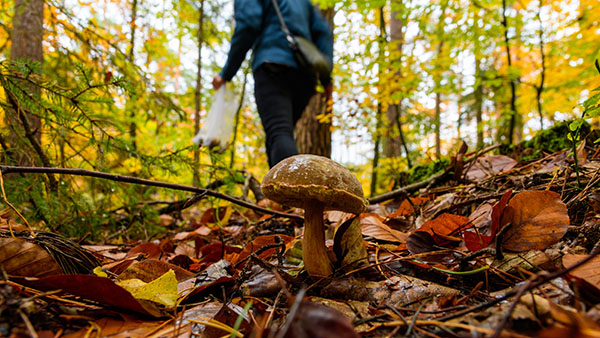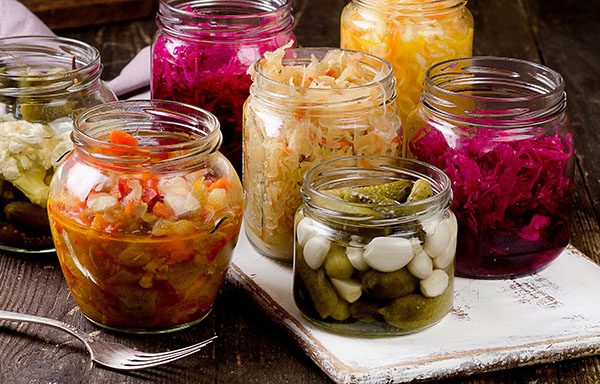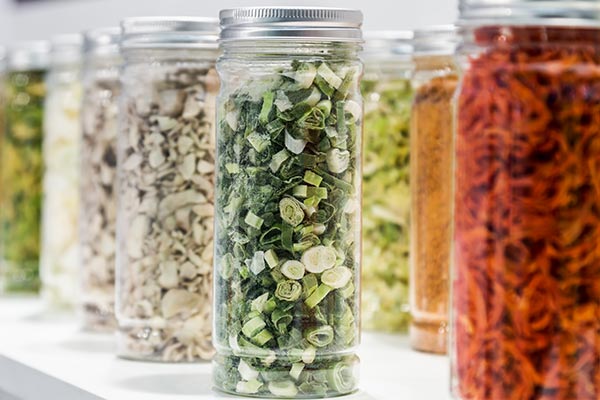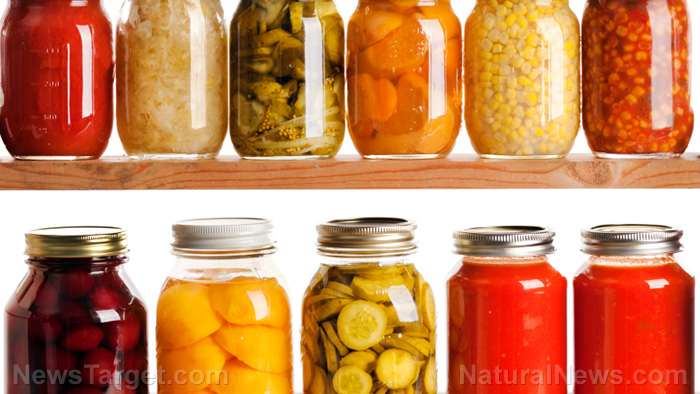
For those looking to get into homesteading, here are some of the essential homesteading skills that you will need to learn. (h/t to HomesteadAdvisor.com)
Gardening
Home gardening is one of the most important skills that any homesteader worth his salt should have. Whether your homestead consists of a small backyard or a large farm, part of the food you’re going to produce will likely come from the ground.
While it might seem easy to grow a plant, the fact is that a lot of factors go into a good harvest. You’ll need arable land, a good knowledge of the weather and a whole other host of farming requirements. To truly know the ins and outs of growing crops, be sure to sharpen your gardening skills.
Raising livestock
Livestock offers a good source of protein and diversifies the food on your plate, complementing plant foods. Like growing crops, raising livestock is challenging and requires utmost commitment.
If you’re new to the trade, start small by raising chickens before heading into bigger farm animals, like cows and sheep. Take note that, even after learning how to raise livestock, you’ll need to know how to butcher before you can eat them.
Carpentry
You’ll need to build homesteading structures using your own hands. While this doesn’t mean you need to know how to construct a house, it helps if you know how to build simple structures like a barn and shed to keep your homestead running. Doing the carpentry work yourself also saves you money.
Welding
If you have old equipment like tractors and mowers, knowing how to weld metal will come in handy should these machines break down. A small wire welder and beginner welding skills could mean the difference between fixing broken equipment yourself or having to make a trip to town.
Preserving food
Learning how to preserve your summer and fall harvest offers food security in case of an emergency and provides you with organic homegrown food all year long.
There are several ways to preserve food at home, but the challenge is knowing which preservation technique to use with which foods. As you develop your food preservation skills, the answer to that question should gradually become more evident to you.
Food storage
A twin skill of food preservation is food storage, as it ensures that the food you’ve preserved won’t run out. With disasters always lurking in corners, being well-stocked all year round through proper food storage will go a long way toward securing your family’s needs. (Related: Proper food storage: 6 Ways to preserve food at home.)
Soap making
Self-sufficiency means that even your hygiene products are sourced directly from home. But more than that, soap making allows you to save money and create a safer product than what’s available commercially. It's also a fun activity that kids can enjoy and may even be lucrative once you've mastered your soap making skills.
Predator control
Predator control goes hand-in-hand with raising livestock. If you’re raising chickens, for example, beasts like wolves can attack your fowl and wipe out your efforts of growing these animals. Track and trap these creatures by learning more about predator control.
Fishing and hunting
When you’re camping and are far away from your homestead, your sources of food will come from lakes and seas and the woods. As such, fishing and hunting are skills important to any homesteader.
While it might seem daunting having to learn these many skills, focusing on one skill at a time can be beneficial and give you more time to look after your homestead. Be more self-sufficient with these essential homesteading skills.
Sources include:
Please contact us for more information.























